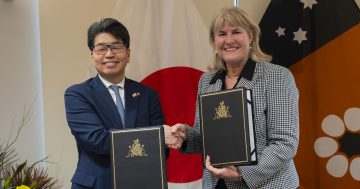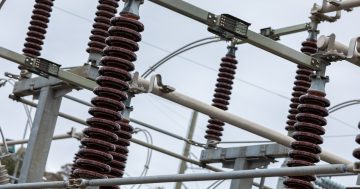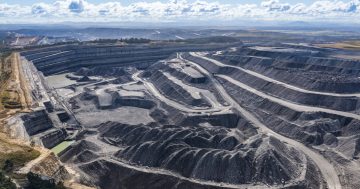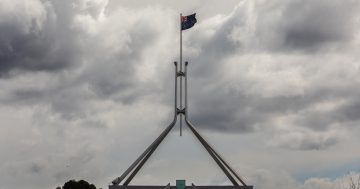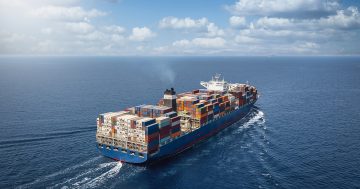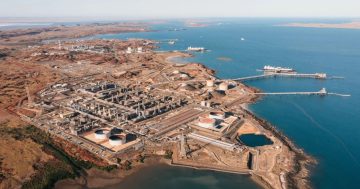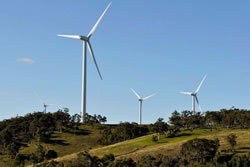 Australia could drastically lower carbon emissions in the Asia-Pacific region by exporting zero-carbon commodities, according to new research at the Australian National University (ANU).
Australia could drastically lower carbon emissions in the Asia-Pacific region by exporting zero-carbon commodities, according to new research at the Australian National University (ANU).
Head of the Arndt-Corden Department of Economics, Crawford School of Public Policy at ANU, Paul Burke said the research quantified the energy, land and water requirements of a zero-carbon export model for Australia.
“Australia has a big opportunity,” Professor Burke said.
“Australia is one of the world’s largest exporters of fossil fuels and we have a real chance to shift to a much cleaner export bundle,” he said.
“Becoming a clean commodity exporter could generate sustainable export revenues for Australia and play a useful role in reducing greenhouse gas emissions well beyond our border.”
Professor Burke, who is also lead author of the study, said Australia could reduce the Asia-Pacific region’s greenhouse gas emissions by about 8.6 per cent if the current level of key commodity exports, such as thermal coal, liquefied natural gas, iron ore, bauxite and alumina, were replaced by green alternatives.
He said to do so would require about two per cent of Australia’s land area for solar and wind farms.
Fellow authors at ANU, Fiona J Beck, Emma Aisbett and Ken Baldwin said the way Australia sourced and used energy was transitioning rapidly and the country had an opportunity to lead the way globally.
“Australia has fantastic wind and solar resources, meaning that the area of land needed to produce zero-carbon energy exports is relatively small, and the required solar panels and wind farms could be co-located with existing land uses such as livestock grazing,” Dr Beck said.
Dr Aisbett said emissions from overseas use of Australia’s fossil fuel and ore exports currently dwarfed domestic greenhouse emissions.
“With appropriate policy settings, Australia has an opportunity to make major contributions to achieving sustainable development goals in the Asia Pacific, including for remote Aboriginal communities in Australia,” she said.
Professor Baldwin said Australia was well-placed to become a “regional powerhouse” for renewable energy.
“Substantial investment is needed to become a major supplier of zero-carbon energy and materials to the Asia Pacific,” he said.
“This is potentially greater than the investment needed for Australia’s domestic energy transition.”
The 29-page study, Contributing to regional decarbonisation: Australia’s potential to supply zero-carbon commodities to the Asia-Pacific, was published in Science Direct and can be accessed at this PS News link.


